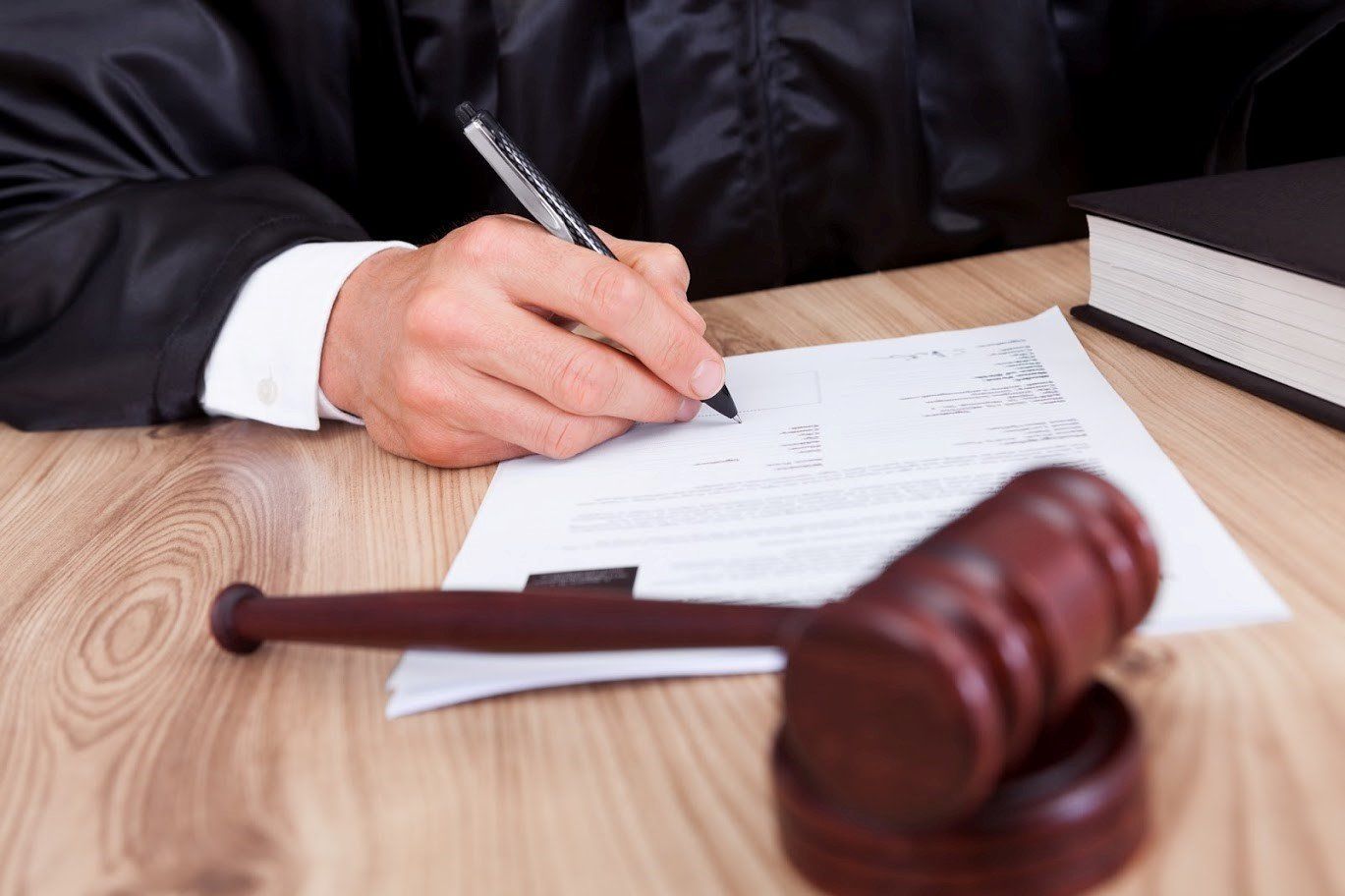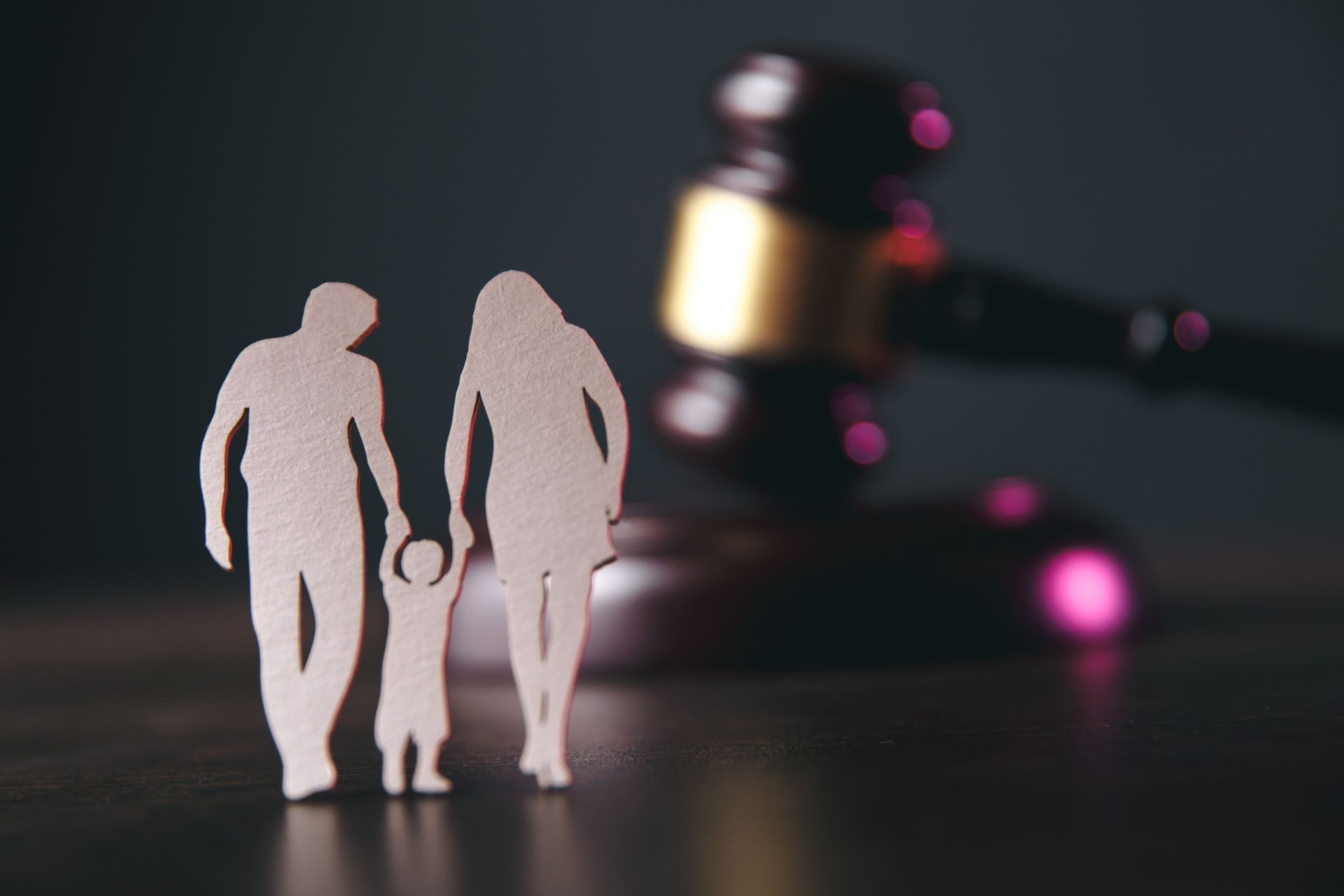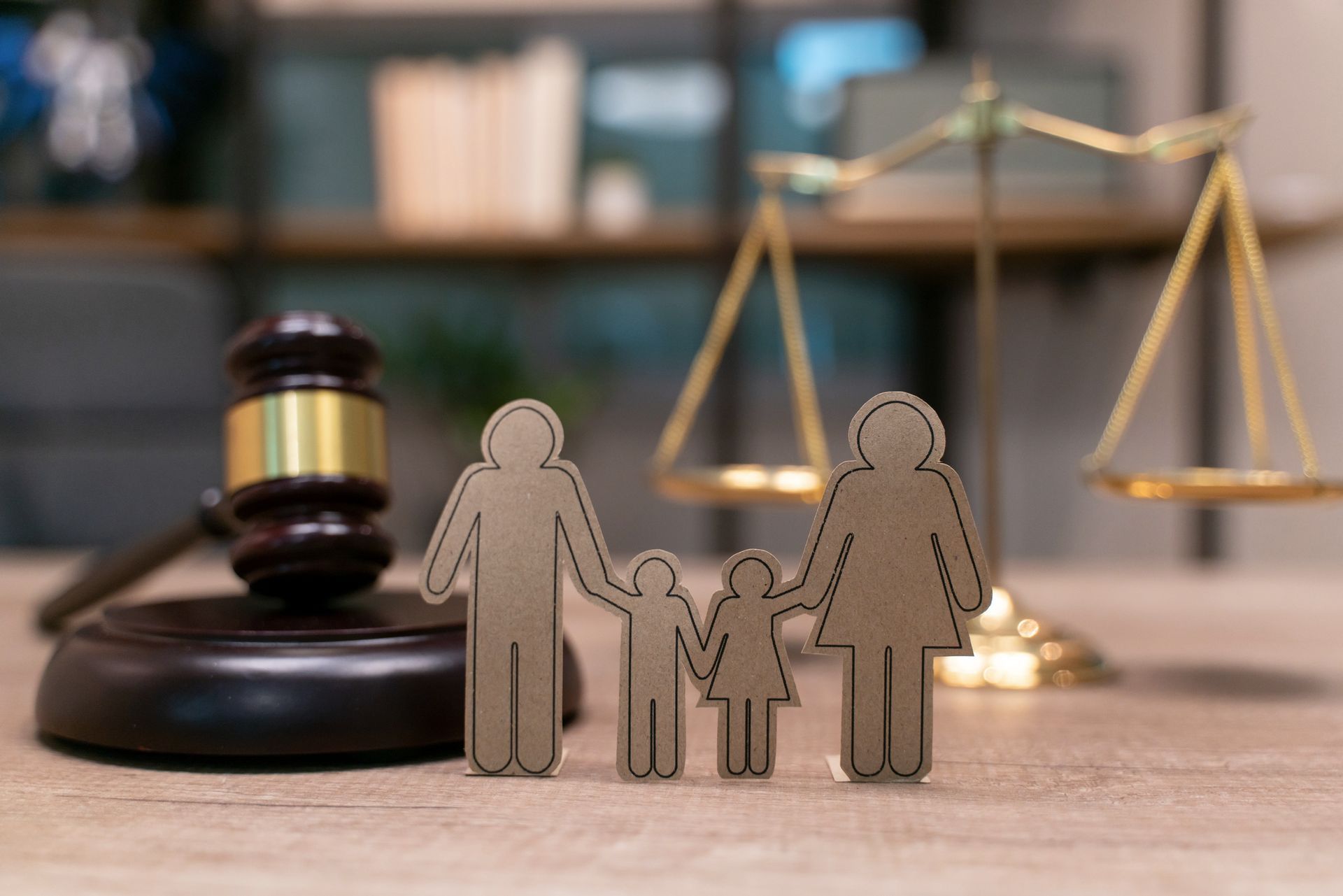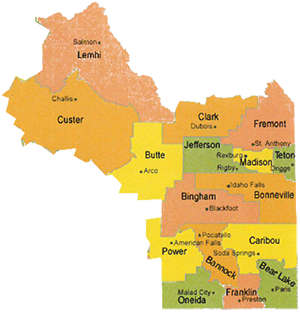Suing Someone? 6 Stages of a Civil Litigation Case
Do you need to sue someone in court? The process of seeking financial damages or some other form of enforcement against another individual or business is known as civil litigation. Because many Americans are unfamiliar with civil law and the workings of the courts, it's helpful to understand what to expect before you start your case.
To help you learn what you need to know, here is a short guide to the major stages in a civil case.
1. Pre-Filing
The period before you actually file a case with the court is a busy time. The dispute has already occurred and you may have had some discussions with the other party. If you know that litigation may become necessary, you would now start gathering documents and information that could be needed. Many potential litigants also use this time to attempt negotiation so as to avoid court.
Your attorney may also begin investigation and research to determine the strength of your position and possible options. They may even suggest certain out-of-court alternatives, such as mediation, if both sides may be amenable to this. If not, the case needs to progress to actual filing.
2. Pleading
To file a case, both parties file initial paperwork outlining their positions. The plaintiff files a complaint with details about the injury, the defendant's responsibility for it, and the consequences of the injury. The defendant's response is known as their answer. This contains their rebuttal of points in the complaint and is a rough outline of the way they may pursue a defense
3. Discovery
Legally, both parties may then proceed to the discovery stage. As its name implies, discovery involves the gathering of information and an exchange of some of this information by both sides. You may request documents, access to witnesses, statements, and other forms of evidence from the other party. They may do the same.
This stage helps both sides prepare and allows you to evaluate your own case strength as well as the other party's. Once you and your attorney have seen more information on both sides, you can more accurately evaluate the possibility of settlement. Your leverage may be greater than you knew, or it may be less.
4. Pre-Trial
Discovery and pre-trial are very similar points in the process. The work you did during discovery and a reassessment of your case may lead to the possibility of settlement. If so, many cases pursue negotiation or alternative dispute resolution efforts during pre-trial.
Whether or not you will try settlement again, pre-trial also allows your side to make formal requests to the court. For instance, you may request that the case be limited in scope and certain avenues of investigation not be allowed during the trial. You may also file a motion with the court to request that some pieces of evidence or witness statements be disallowed if the case goes to trial.
5. Trial
The most well-known part of the process is the actual trial. At this point, efforts to find other solutions between the two parties have failed and you must now ask a judge or jury to decide. The plaintiff's lawyer lays out their case — as complex or as simple as it may be — for as long as is necessary and the judge allows. Then, the defendants have their moment to lay out their case in response.
Even at this stage of the game, you can still reach a settlement with the other party. While it's less common than at earlier stages, settlement out of court can still happen if either side's case isn't working out as well as it did on paper or if their circumstances have changed.
Once the trial comes to a natural conclusion, the judge or jury will reach a judgement and announce it.
6. Post-Trial
One final stage occurs now. This stage has several major components. First, one side or the other may choose to appeal the verdict. An appeal is a request for a higher court to review the case and judgement and determine if the result should be changed.
The second component of post-trial is any motions that either side may still file. For instance, a stay of enforcement of the judgement may be requested or the winning side may file a motion to enforce the judgement. Another motion to reconsider or review the Judgment may be filed. Also, the costs incurred by both sides are submitted and filed seeking compensation.
If you feel a little overwhelmed by all these steps in the litigation process, the best place to begin is to meet with an experienced civil law attorney in your state. They can help you understand how these various stages affect you and what you can expect in your particular case.
Hart Law Offices, PC assists Idaho residents with all their litigation needs no matter whether it's as a plaintiff or a defendant. Call our office today to make an appointment and begin the process of finding the justice you need and deserve.




















